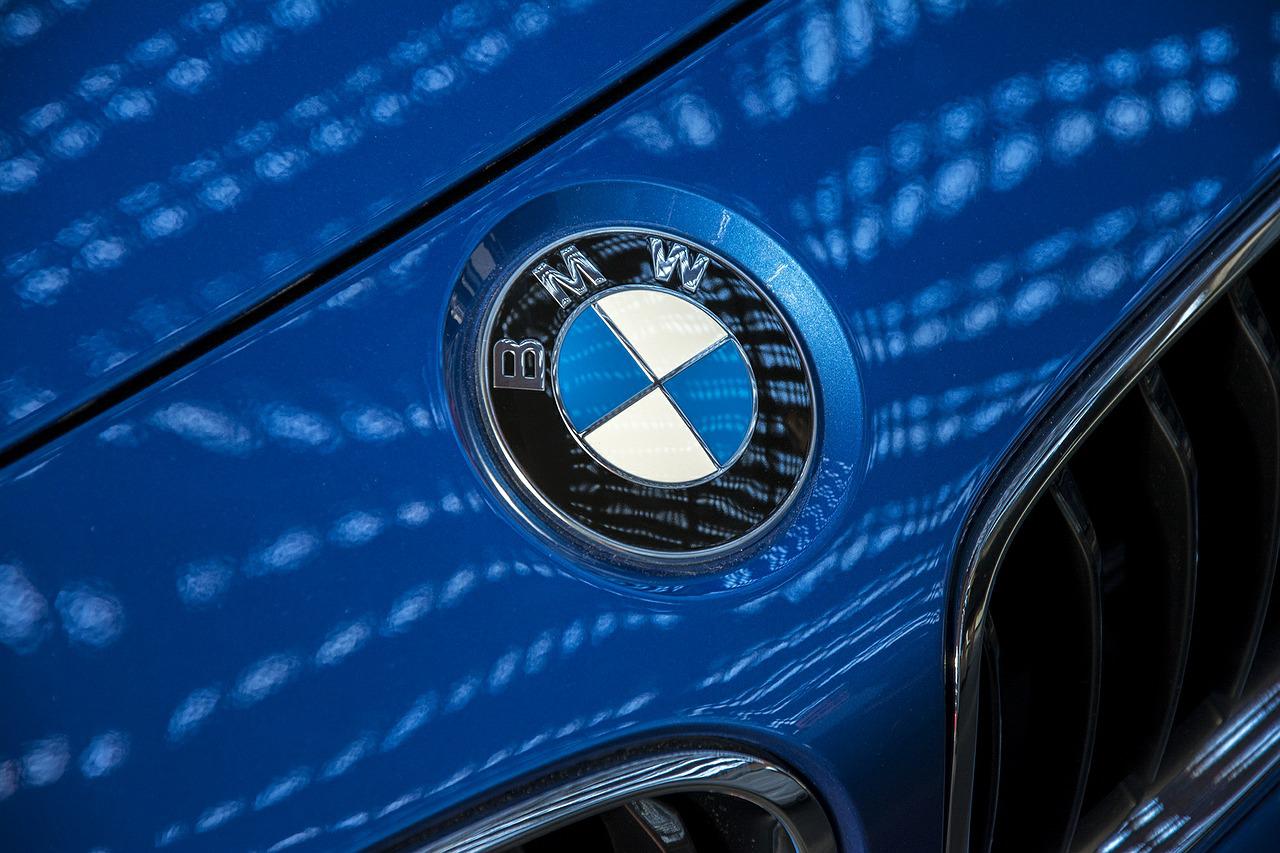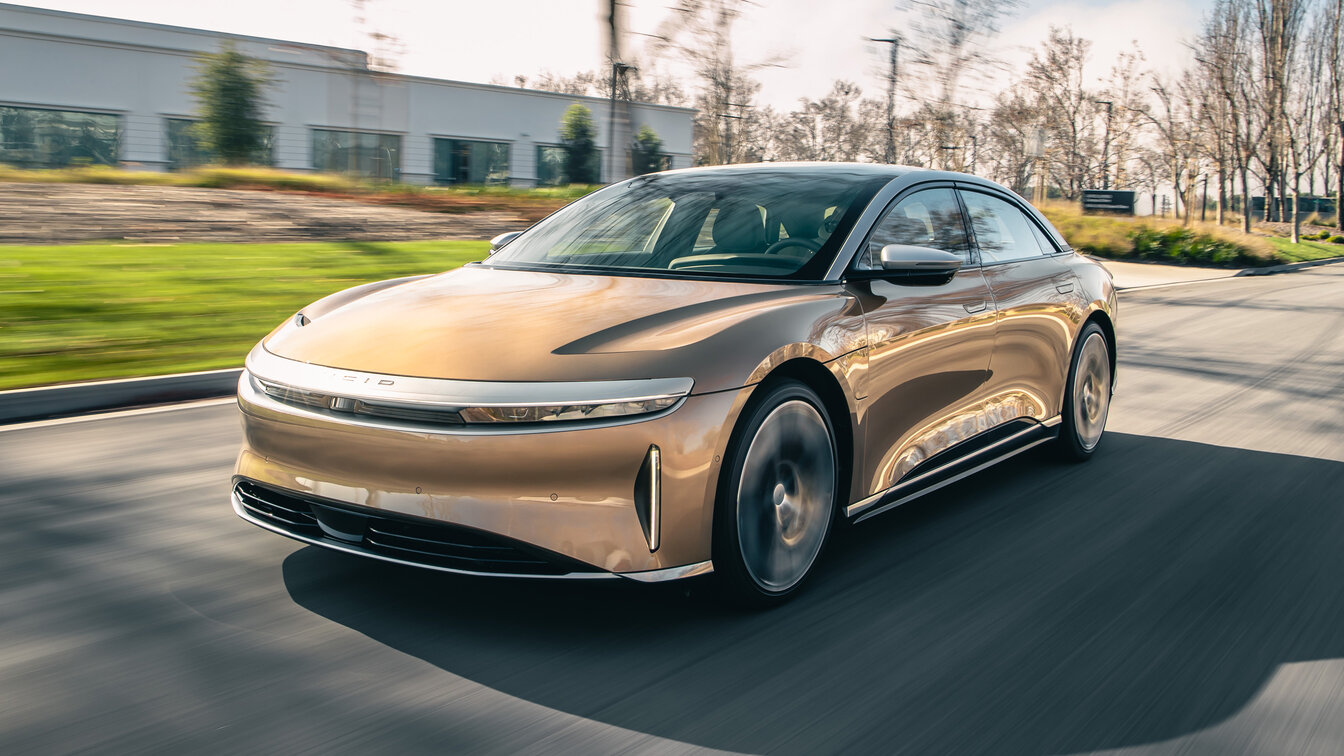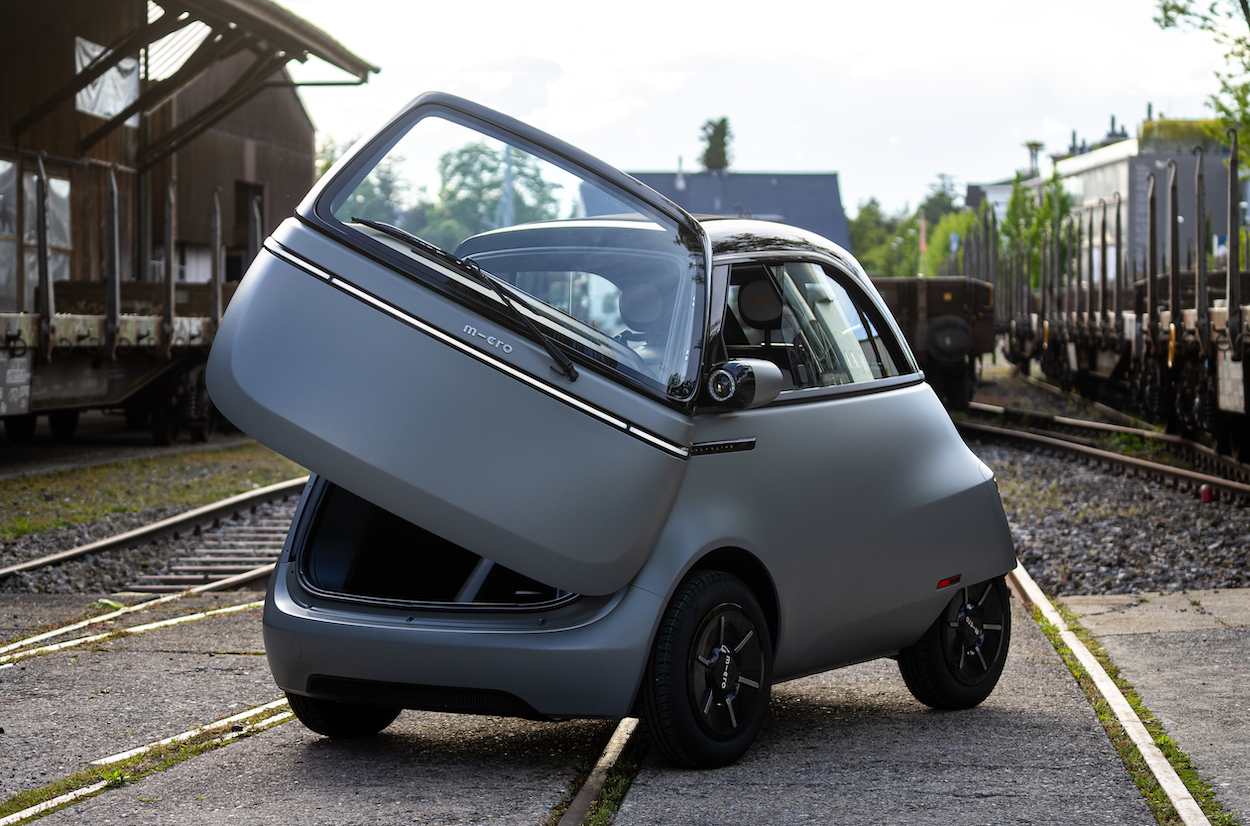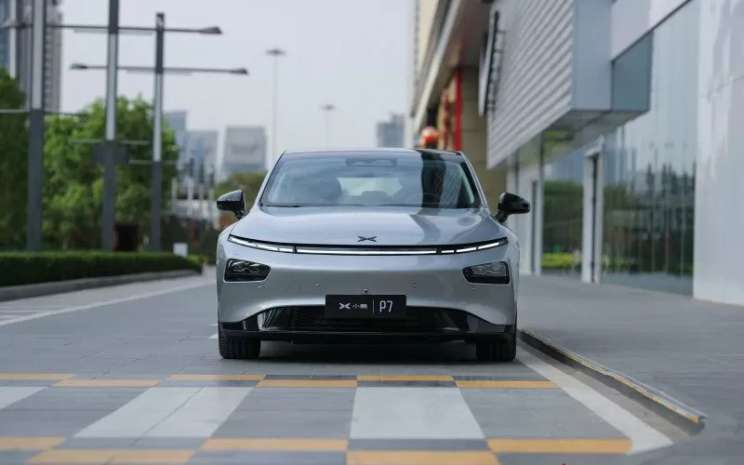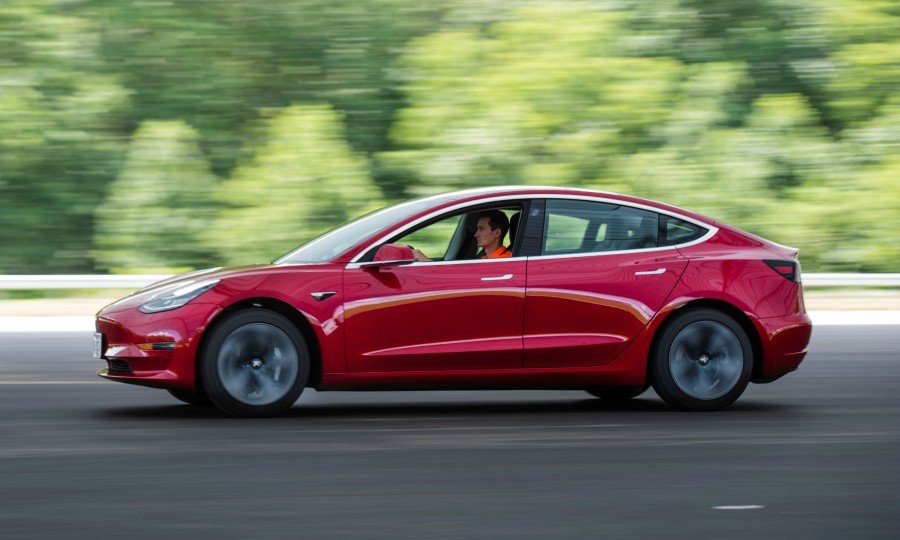BMW is developing a special platform for its future line-up of electric cars. The platform was named BMW Neue Klasse.
Recently, Oliver Zipse as CEO of BMW gave several statements regarding his new EV platform, at the annual meeting of BMW shareholders.
According to Zipse, BMW’s EV platform will make BMW electric cars cheaper, to a level similar to that of BMW’s ICE engines.
The cylindrical cell format on the Neue Klasse platform will save production costs by up to 30%, which means it will also make BMW Vehicles competitive.
See also: What we know so far about Neue Klasse platform from BMW
Zipse also mentions that the battery chemistry and the new cell format in its EVs will increase power output.
“That is also what our latest generation of GEN6 drivetrains are all about, namely more output, new cell chemistry and new cell formats,” said Zipse.
BMW will start production of the Neue Klasse platform in 2025 at the new plant in Debrecen, Hungary, which will initially be used for midsize electric vehicles.
The new factory will begin construction on June 1, 2022 and is expected to start production about 2 years later, namely 2024.
Uniquely, Zipse claims that its new factory will also be guided by the principle of green energy, aka without fossil fuels. Energy suppliers will be selected which are sourced only from renewable energy.
See also: BMW Neue Klasse Platform To Debut On 3-Series EV in 2025
The BMW CEO said that two design prototypes for the Neue Klasse-based model had been shown to BMW board members. Both models are called extraordinary and will make people fascinated.
“We can promise you that you will be blown away by them too. Neue Klasse represents the quantum leap we are aiming for,” said Zipse.
“This is in line with the new model of the group’s direction, which is a small unit that moves nimbly and has access to our technology platform to increase synergies,” he concluded.
As the closest target, BMW expects 2 million units or 10% of its sales to be electric cars by 2025. That is expected to increase to 50% by 2030.

